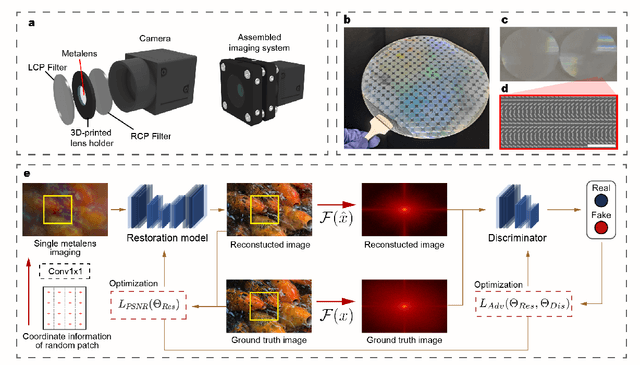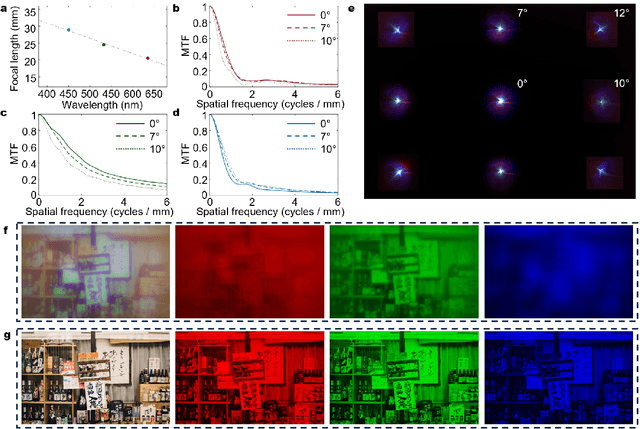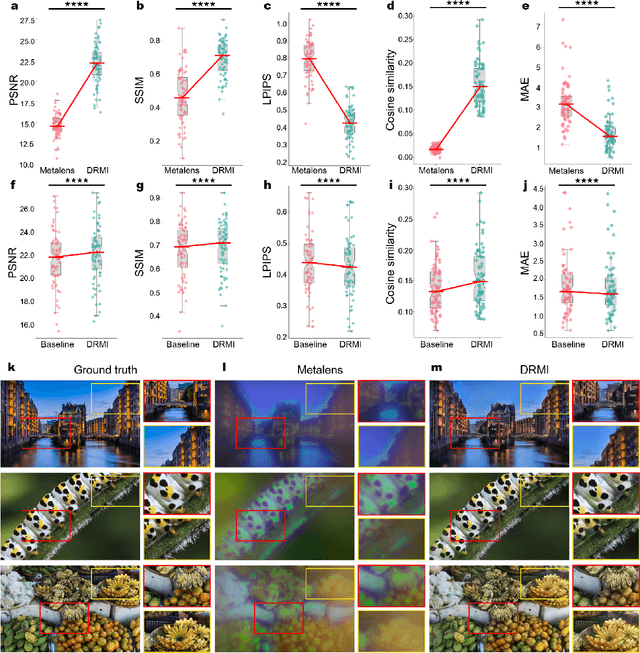Chanik Kang
Wave Interpolation Neural Operator: Interpolated Prediction of Electric Fields Across Untrained Wavelengths
Aug 06, 2024Abstract:Designing photonic structures requires electromagnetic simulations, which often require high computational costs. Researchers have developed surrogate solvers for predicting electric fields to alleviate the computational issues. However, existing surrogate solvers are limited to performing inference at fixed simulation conditions and require retraining for different conditions. To address this, we propose Wave Interpolation Neural Operator (WINO), a novel surrogate solver enabling simulation condition interpolation across a continuous spectrum of broadband wavelengths. WINO introduces the Fourier Group Convolution Shuffling operator and a new conditioning method to efficiently predict electric fields from both trained and untrained wavelength data, achieving significant improvements in parameter efficiency and spectral interpolation performance. Our model demonstrates approximately 100 times faster performance than traditional finite-difference frequency-domain simulations. Moreover, compared to the state-of-the-art model, we achieve a 74% reduction in parameters and 80.5% improvements in prediction accuracy for untrained wavelengths, and 13.2% improvements for trained wavelengths.
Deep-learning-driven end-to-end metalens imaging
Dec 05, 2023



Abstract:Recent advances in metasurface lenses (metalenses) have shown great potential for opening a new era in compact imaging, photography, light detection and ranging (LiDAR), and virtual reality/augmented reality (VR/AR) applications. However, the fundamental trade-off between broadband focusing efficiency and operating bandwidth limits the performance of broadband metalenses, resulting in chromatic aberration, angular aberration, and a relatively low efficiency. In this study, a deep-learning-based image restoration framework is proposed to overcome these limitations and realize end-to-end metalens imaging, thereby achieving aberration-free full-color imaging for massproduced metalenses with 10-mm diameter. Neural network-assisted metalens imaging achieved a high resolution comparable to that of the ground truth image.
 Add to Chrome
Add to Chrome Add to Firefox
Add to Firefox Add to Edge
Add to Edge